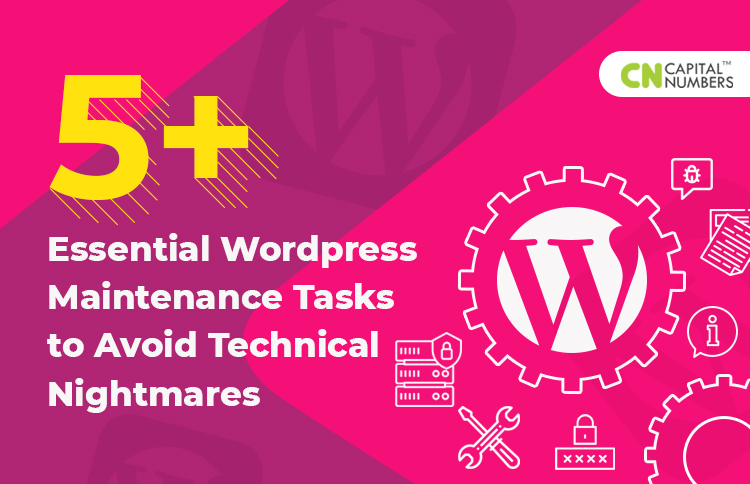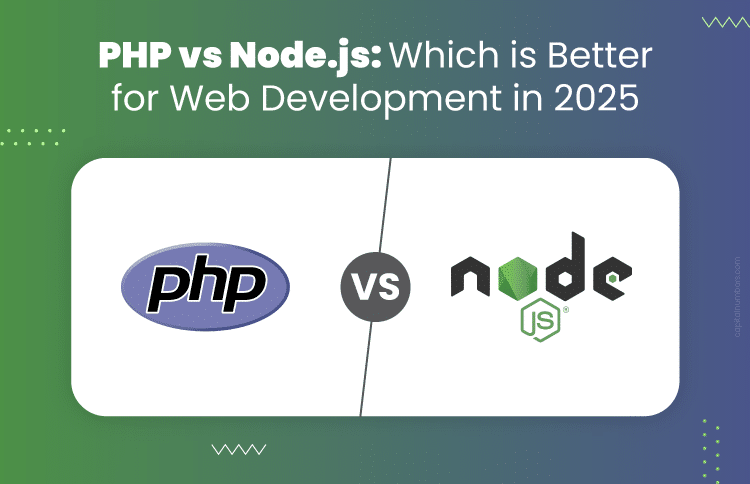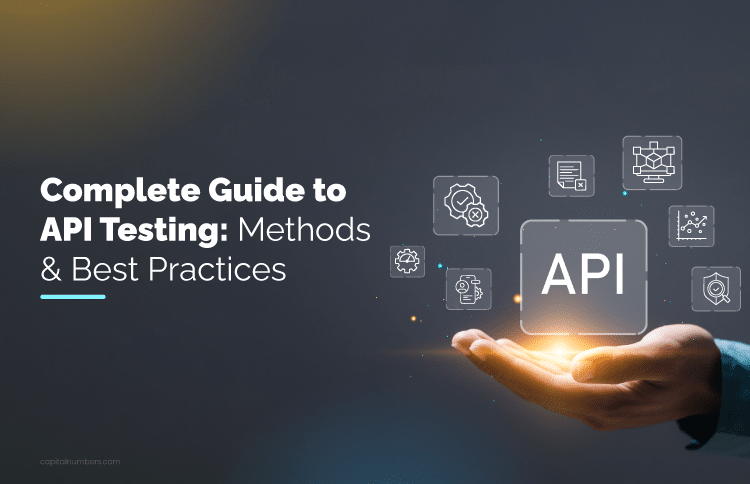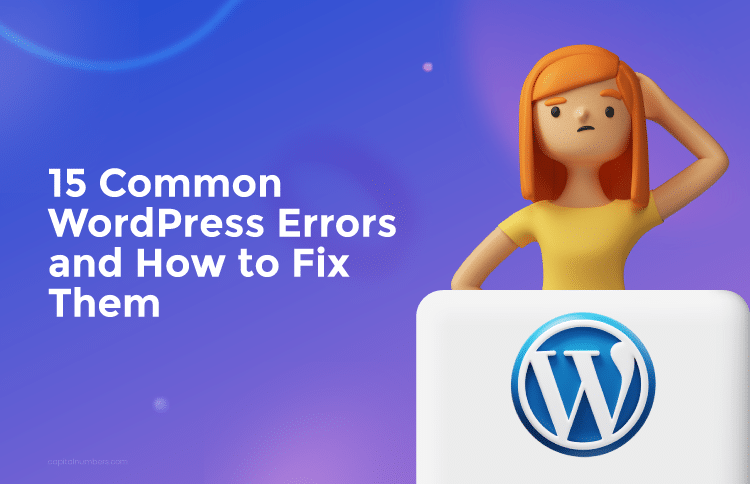5+ Essential WordPress Maintenance Tasks to Avoid Technical Nightmares
Table of Contents
WordPress users usually come to us with very similar complaints: WordPress is too slow. It’s not secure. A few plugins can cause the whole system to behave sub-optimally and even cause crashes.
While some of these issues are inescapable due to how WordPress is built, most can be safely mitigated with proper site maintenance.
Site maintenance is not something that ever really stops. You have to do it more or less continuously if you want the most out of your site, and your business. A lot of times the headache of site maintenance can be mitigated by outsourcing this task to someone who knows how to do it. That way, you can simply have your site run like a well-oiled machine in the background while your business grows.
However, if you don’t want to do that, we’ve compiled some tips below to do your site maintenance the right way and prevent a ton of headaches.
Maintenance for WordPress
-
Create a backup of your entire site.
-
Change Your Passwords Regularly
The #1 reason that burglars and other criminals break into houses is that the door is unlocked. They’re free to enter and cause as much havoc as they want. Something similar applies with hackers and old, or ineffective passwords.
It’s not enough to have a password across your entire site if the password is old or weak. That’s like having a lock that can be easily broken. You should change your passwords regularly to foil hackers. Further, the password for your site should be unique to your site — not something you also use for your email accounts, for example.
WordPress also offers two-step authentication. That means that if someone attempts to log on from a different location, they will be stopped and you will be notified via mobile device. This can protect your site, your content, and any secure data from being tampered with or falling into the wrong hands.
-
Deal With Spam
The best way of dealing with spam is simply to not get it in the first place. You should have anti-spam plugins installed and take other anti-spam measures such a captcha checkboxes.
It’s true that many of these are highly rated and recommended. But they can’t do everything. If your site gets a lot of traffic then it’s inevitable that spam will “slip through the cracks.” This might not be harmful in terms of damage to your website… for example it will probably not affect the way everything works. But it is harmful to your brand and business.
When legitimate customers come to your site, you don’t want them to see spam comments everywhere — that gives the appearance that your site is poorly maintanined. It would be like going to the store and seeing dirt everywhere.
Manually check for spam on a regular basis and delete it yourself. This will help give your site that nice, well-maintained appearance in keeping with your brand.
-
Database Optimization
WordPress, like most traditional CMS, uses a database to store content. Without proper maintenance, the database will gather a lot of unnecessary, wasted data. This will cause issues in performance — uploading, downloading, and regular backups may be affected. Every time you need to access content with WordPress, you have to communicate with the database to pull it up.
The right configuration and optimization will prevent delays and issues with speed. Sure, optimizing your database may take a lot of time and effort, especially if you haven’t done it regularly, but it’s worth it if you want to get the most performance out of your site.
-
Performance Tests
Don’t stop only at optimizing your database. You should actually optimize your entire site for performance. How? Run regular performance tests.
A lot of businesses have only tested their site for performance once or twice. Generally, they run performance tests when everything is first set up… then they forget about it.
If you want the most out of your site, you’ll have to do it regularly. You’re probably uploading new content, installing new plugins, experimenting with different themes… and all of these will affect your performance in subtle ways. Over time, it builds up and your site will begin to run slower without your noticing.
Slower sites, of course, lead to poor UX, increased bounce rates, and fewer customers. Prevent this by testing for performance regularly.
The amount of business which for some reason don’t have their site backed up is shocking. To create and keep versions of backups for your site is usually a matter of selecting the right plugin, to back up your site automatically at certain intervals.
However, you can’t always rely on the plugin to automatically do its job. Sometimes plugins go down for maintenance, and sometimes they crash. If that’s the case, you may lose your backups and risk losing the information on your site.
Therefore, it’s best to periodically back up your site manually. You can store the backup files somewhere you trust, like Dropbox or even on an external hard drive. That way, you can have them on-hand if things go wrong.
What Else to Check
Of course, this aren’t the only things you should maintain. In addition to what we’ve already said, you must also review your content, SEO rankings, links, and more.
Use third-party software such as google analytics to determine the gaps in your content and your SEO. SEO is an ongoing process and needs lots of time and attention to get right. Similarly, your content should be up to date if you want to position yourself as a thought leader.
If links are broken, you need to know about that ASAP and get them fixed. Broken links can cost you customers and money. You’ll also need to know about any 404 errors where content won’t load for your customers.
All of this must be done in addition to the major factors we’ve already written about. That’s why we suggest working with a remote team on your site maintenance. As already stated, this is the most time-efficient option. And, it may also be the cheapest.
If the lack of maintenance on your site is costing you, customers, then it’s costing you money. If you’re losing money, then the most expensive option is to do nothing.
The good news is working with an experienced team will reduce and even remove this cost for you.
We offer WordPress maintenance services to suit a variety of needs. If you’d like to know more, check out https://www.capitalnumbers.com/wordpress-maintenance/














